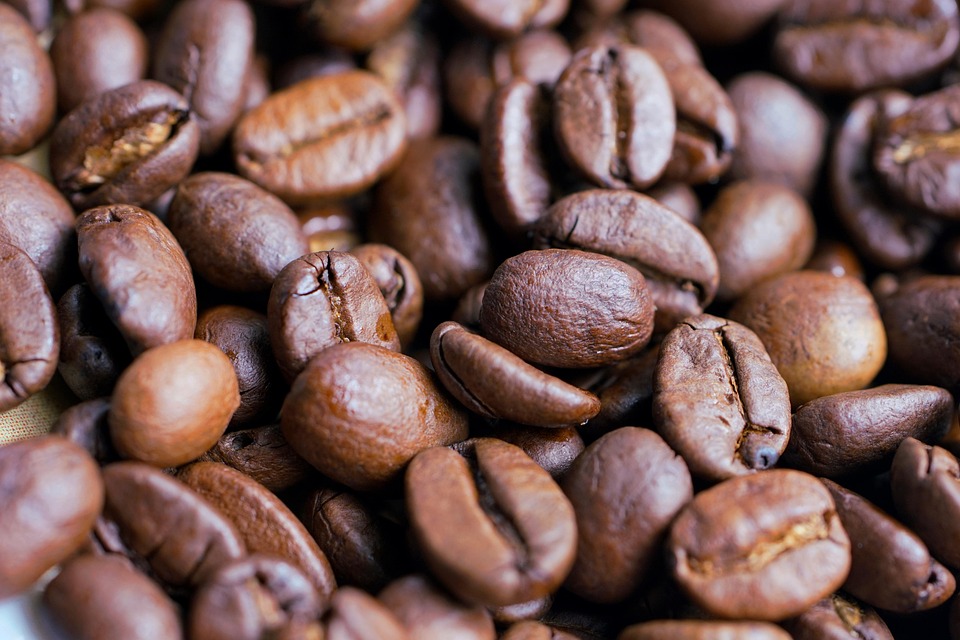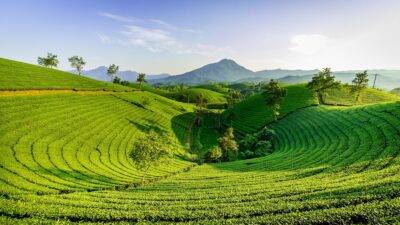As the global coffee culture continues to flourish, it comes with an increasing demand for sustainability within the industry. The journey of that simple cup of coffee—from bean to brew—has profound implications for the environment and the communities involved in its production. To address these concerns, a new wave of eco-friendly coffee practices is gaining momentum.
The Coffee Crisis: An Urgent Call for Change
The coffee industry is faced with a myriad of challenges, including climate change, deforestation, and exploitation of labor. Traditional coffee farming methods often lead to soil degradation and water pollution, while economic instability threatens the livelihoods of farmers, particularly those in developing nations. A growing awareness of these issues has prompted consumers to seek out more sustainable options, leading to an impressive rise in eco-friendly coffee practices.
Sustainable Farming Practices
One of the most significant shifts in the coffee industry has been towards sustainable farming methods. Shade-grown coffee, for instance, is cultivated under a canopy of trees, which helps preserve biodiversity and supports local ecosystems. This form of cultivation not only reduces the need for chemical fertilizers and pesticides but also enhances soil health and contributes to carbon sequestration.
Additionally, many farmers are adopting organic practices, which prohibit synthetic chemicals and promote natural fertilizers. Certifications like USDA Organic and Fair Trade ensure that products meet rigorous standards for sustainability and ethics, garnering consumer trust and loyalty.
Direct Trade Relationships
The traditional coffee supply chain often involves multiple intermediaries, leading to profits being siphoned away from smallholder farmers. In contrast, direct trade practices allow coffee roasters to build relationships with farmers, ensuring that they receive a fair price for their product. This model fosters transparency and accountability while empowering farmers to invest in sustainable practices.
Prominent coffee roasters are embracing direct trade, often visiting farms to establish personal connections. This not only supports sustainable practices but also enhances the quality of coffee by allowing roasters to select the best beans based on flavor profiles and growing conditions.
Eco-Friendly Processing Techniques
Coffee processing is another pivotal step in the production chain that impacts sustainability. Traditional wet processing methods require significant amounts of water, leading to water depletion and pollution. Innovative techniques, such as the "dry processing" method, reduce water usage by allowing beans to dry in the sun. Other methods, like the honey process, use less water while also enhancing the flavor profile of the coffee.
Moreover, some companies are investing in eco-friendly machinery that minimizes energy consumption and waste output during processing, thereby further reducing the environmental footprint of coffee production.
Conscious Packaging and Distribution
Beyond farming and processing, sustainable coffee practices extend to packaging and distribution. Many coffee brands are shifting to biodegradable, compostable, or recyclable packaging solutions, minimizing plastic waste and the impact on landfills. Brands like Intelligentsia and Blue Bottle Coffee have made strides in utilizing eco-friendly materials, showcasing a commitment to reducing their environmental impact.
In parallel, logistics companies are exploring carbon-neutral shipping options, such as electric vehicles and offset programs, to reduce the carbon footprint associated with transportation. Consumers are increasingly inclined to support brands that prioritize environmentally-friendly logistics.
The Consumer Role: From Awareness to Action
As consumers become more educated about the coffee supply chain and its environmental impacts, they are increasingly inclined to support sustainable brands. Social media and online platforms have amplified awareness about ethical sourcing and environmentally sustainable practices, making it easier for consumers to make informed choices.
Subscription services and specialty coffee shops are also stepping up their game, offering focused selections of sustainably sourced coffee. By highlighting the stories behind each bean and emphasizing the importance of sustainability, they foster a strong sense of community and engagement among coffee lovers.
The Future of Coffee: Beyond the Brew
The rise of eco-friendly coffee practices goes beyond producing a delicious cup of coffee; it’s about fostering a sustainable future for both the planet and the people involved in its production. As the industry evolves, a collective effort among farmers, roasters, and consumers is vital for embracing practices that protect our environment, promote fair trade, and enhance the quality of life for coffee-growing communities.
Together, we can ensure that our beloved morning ritual helps create a better world—one sustainable sip at a time. Whether at home or in your favorite café, choosing eco-friendly coffee can make a difference. Next time you reach for that cup, remember: every sip matters.



